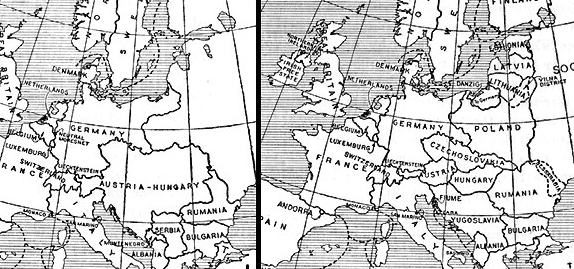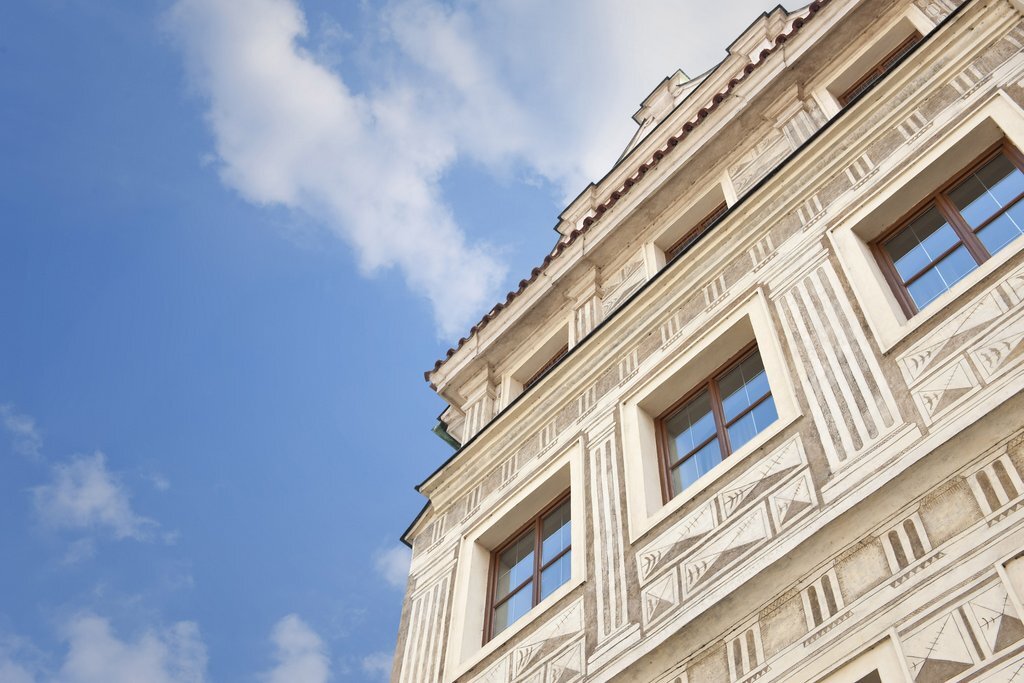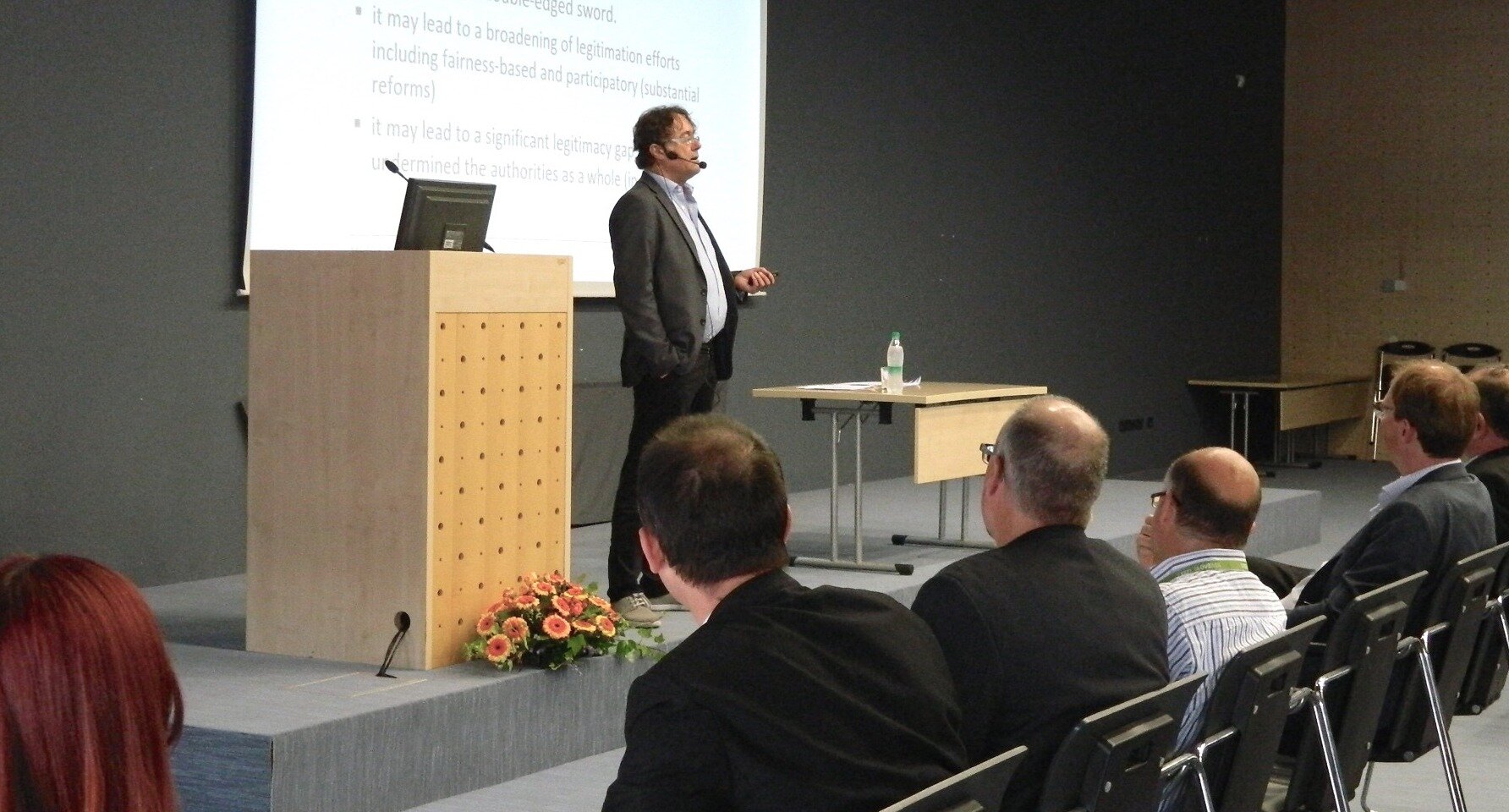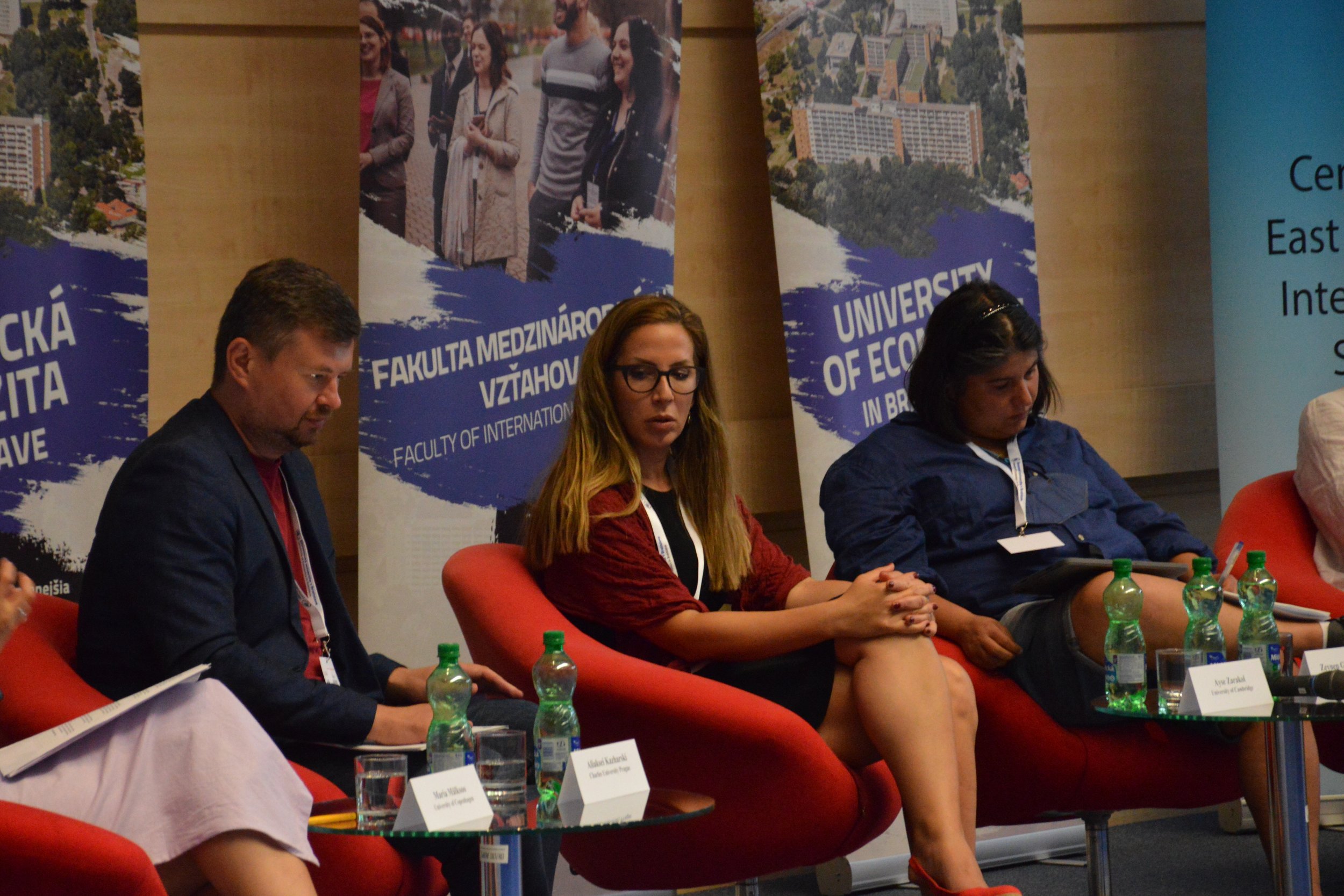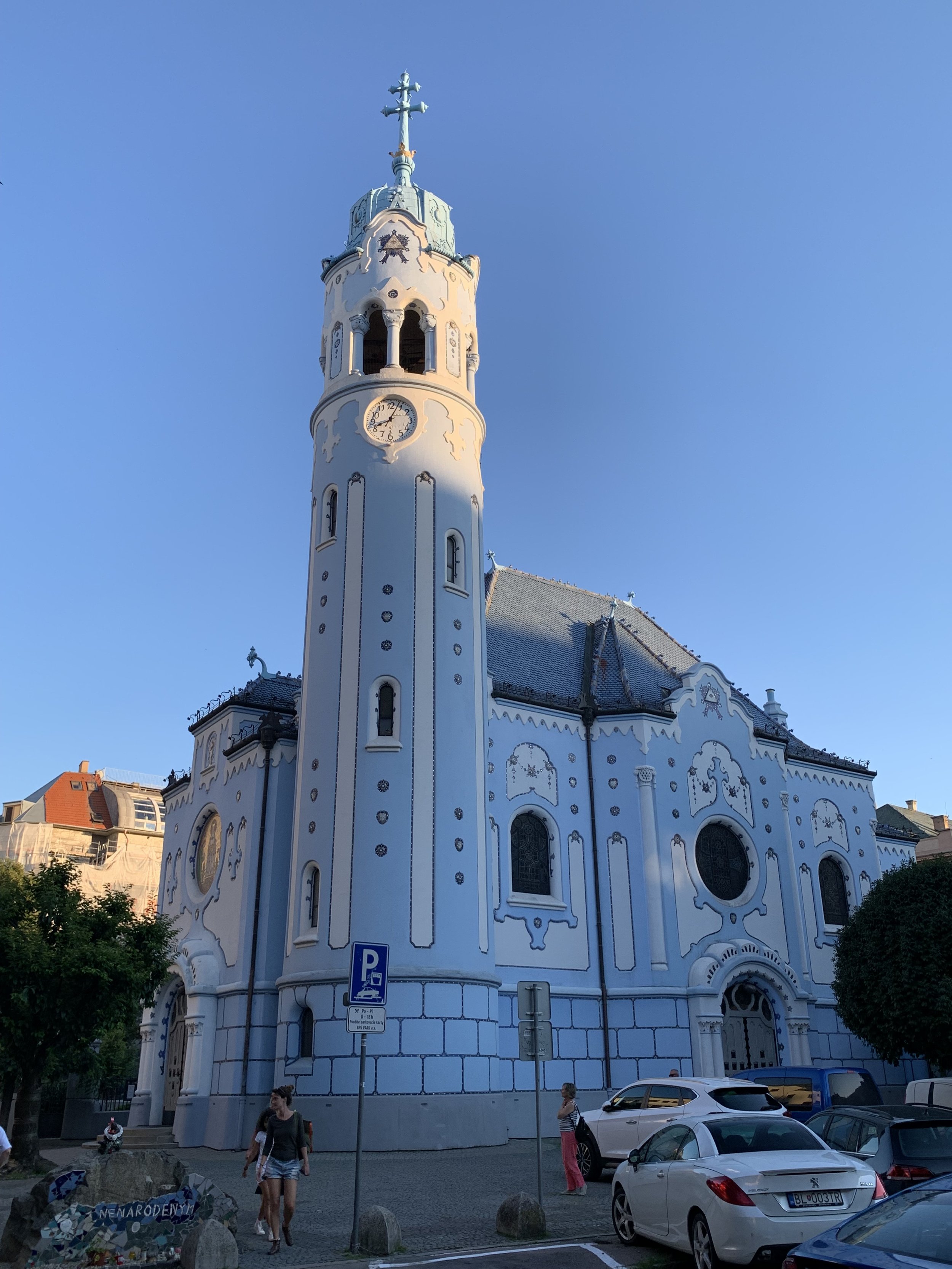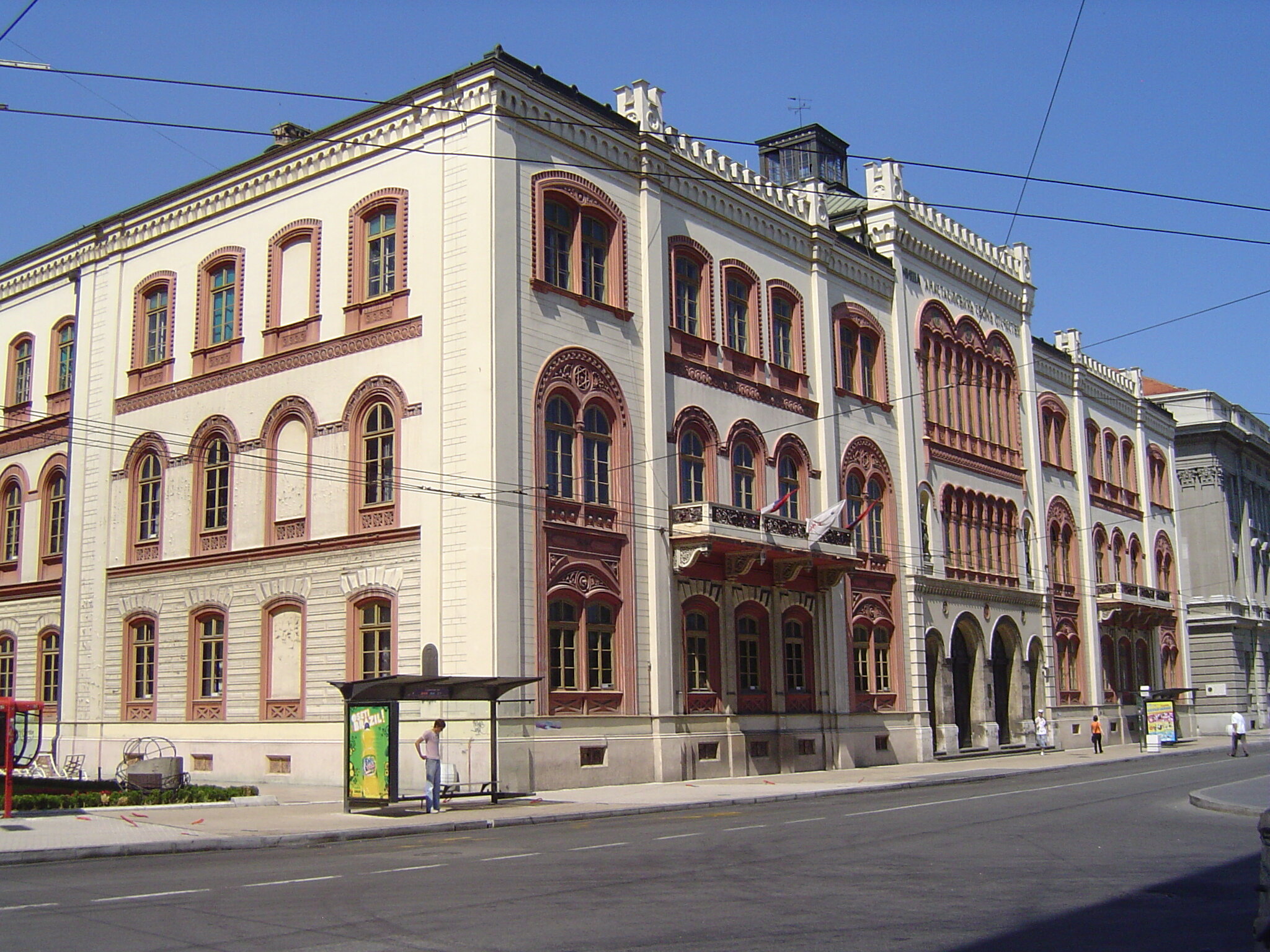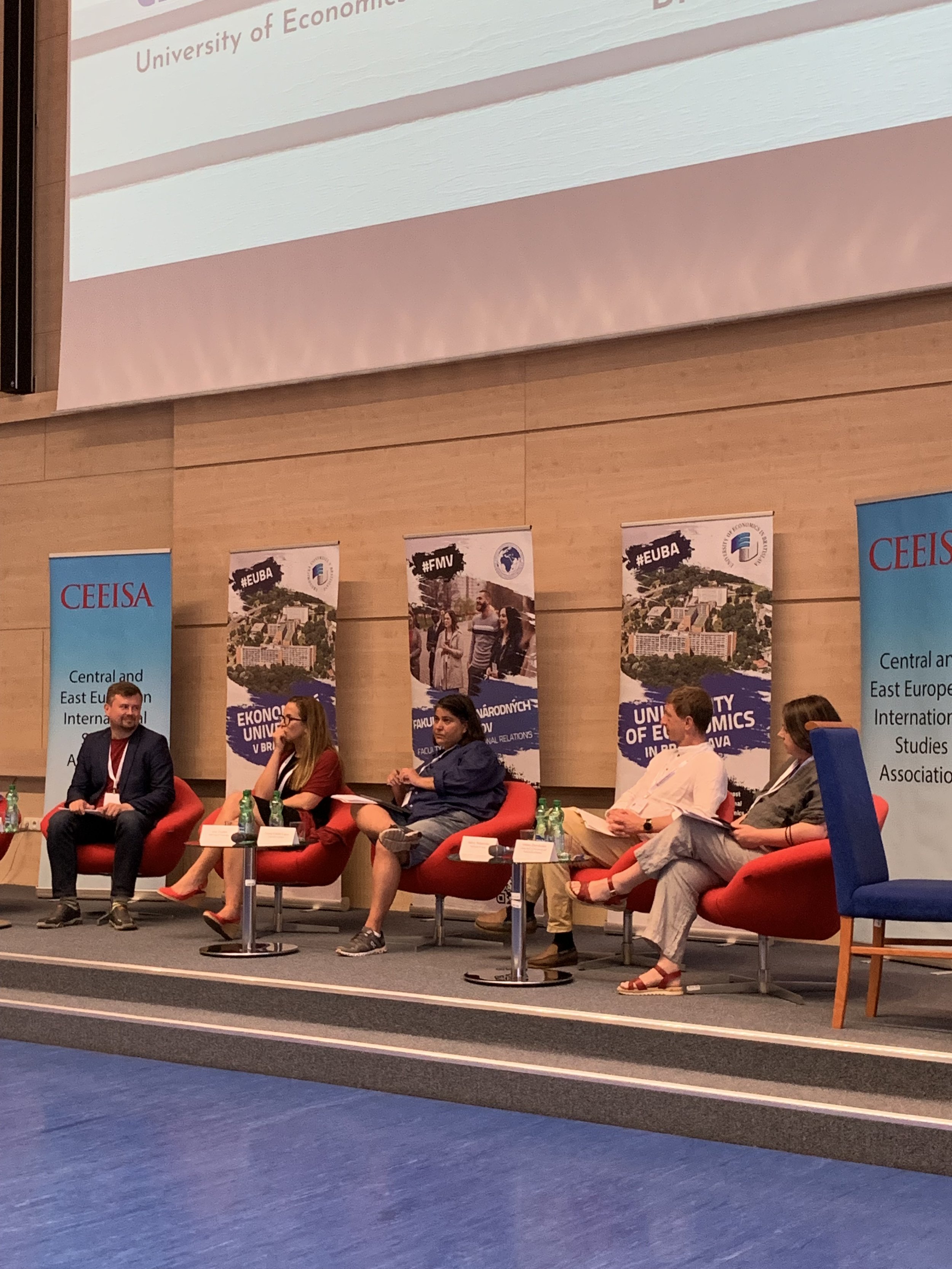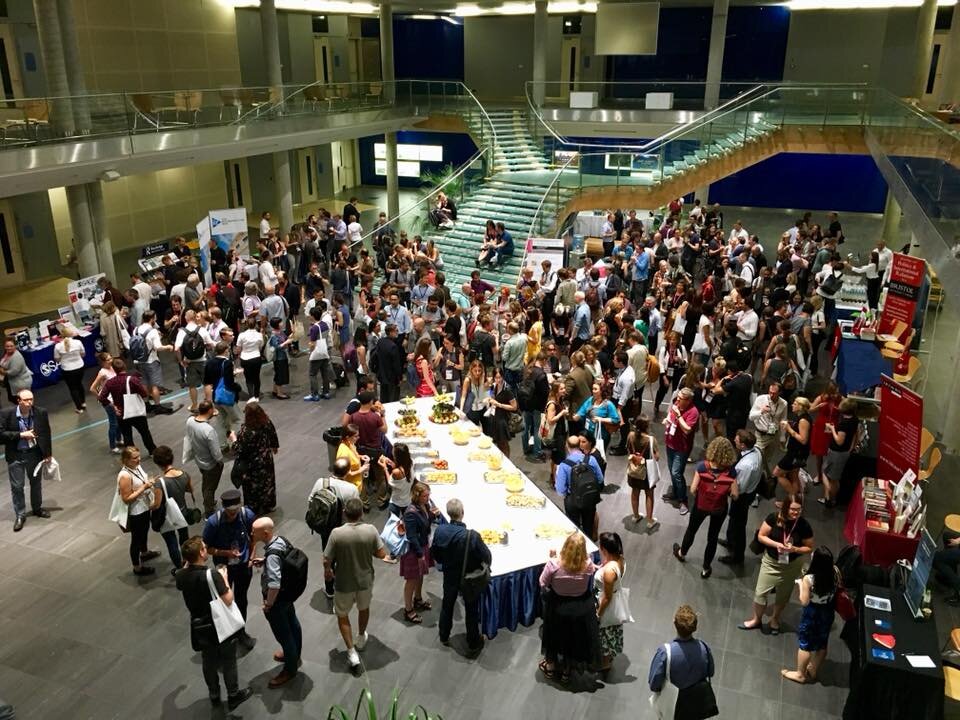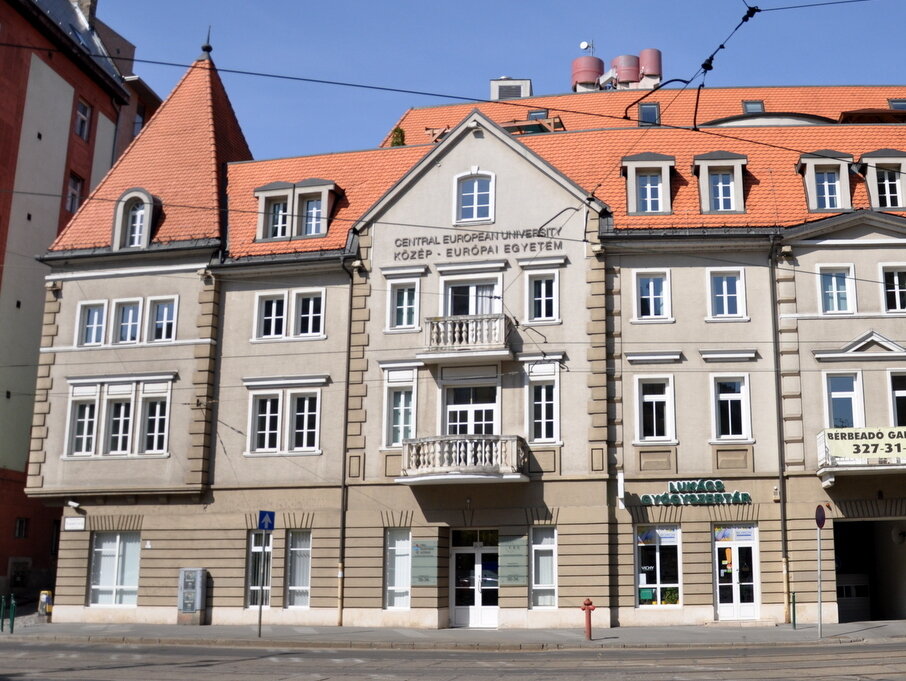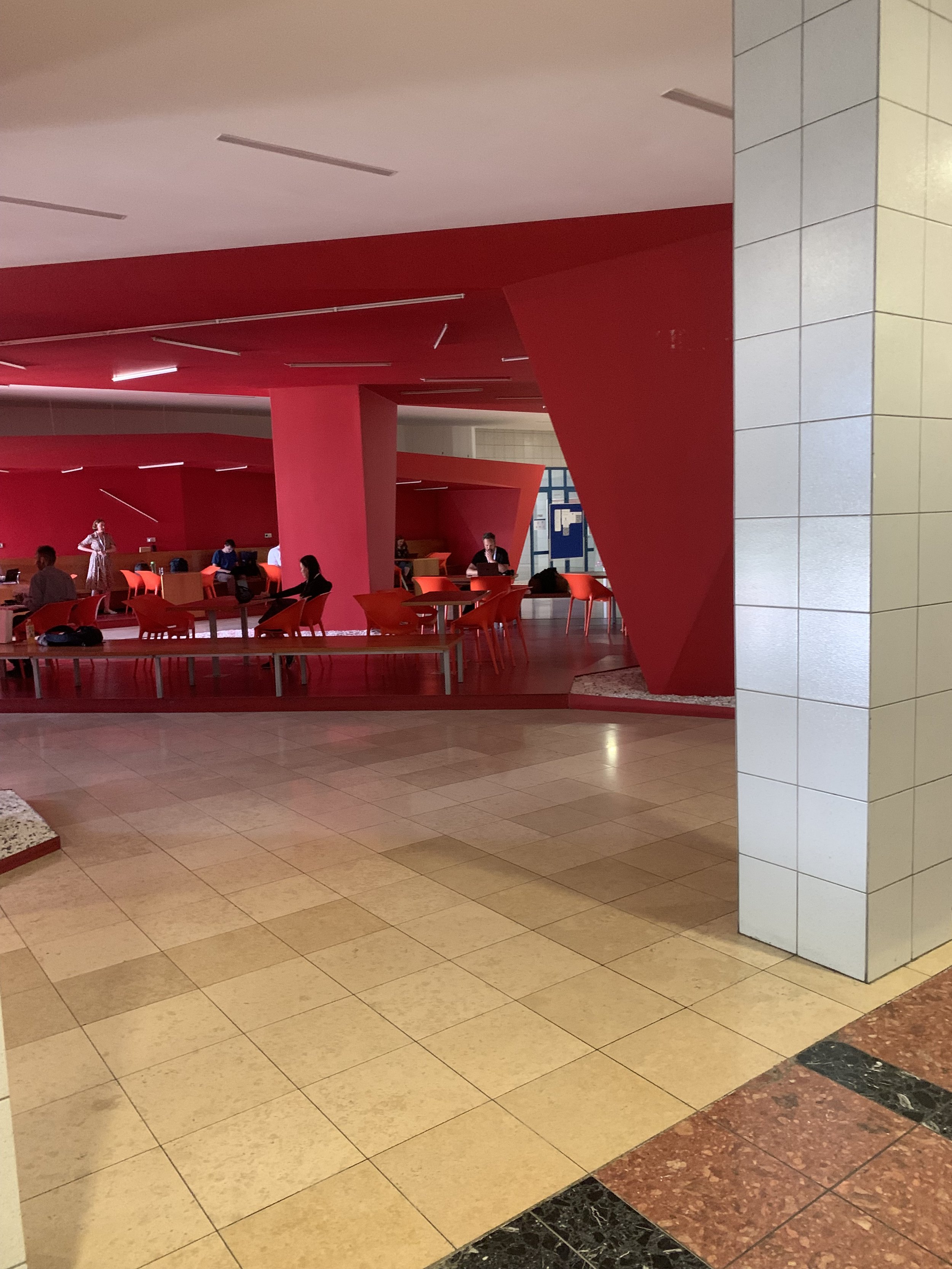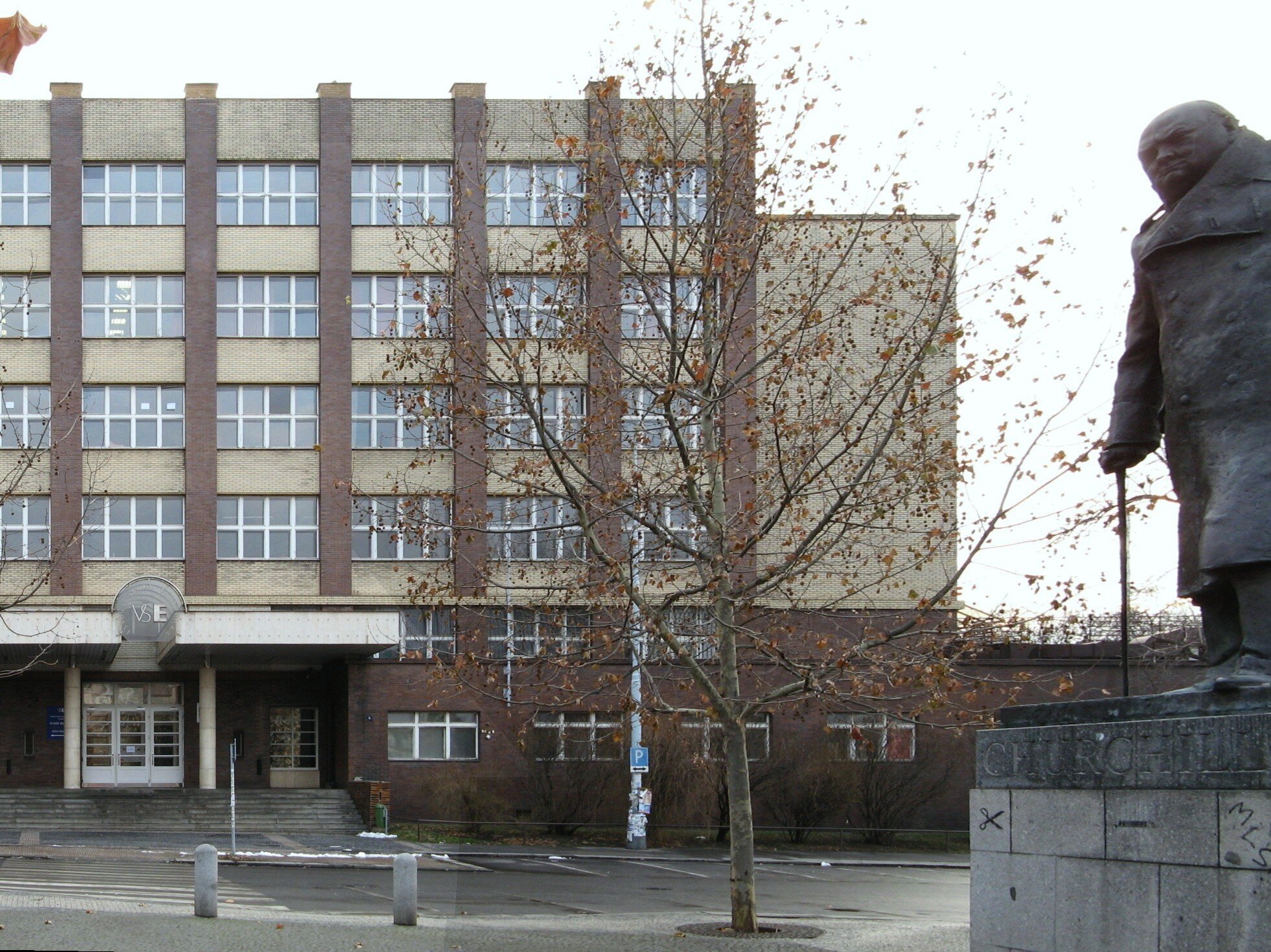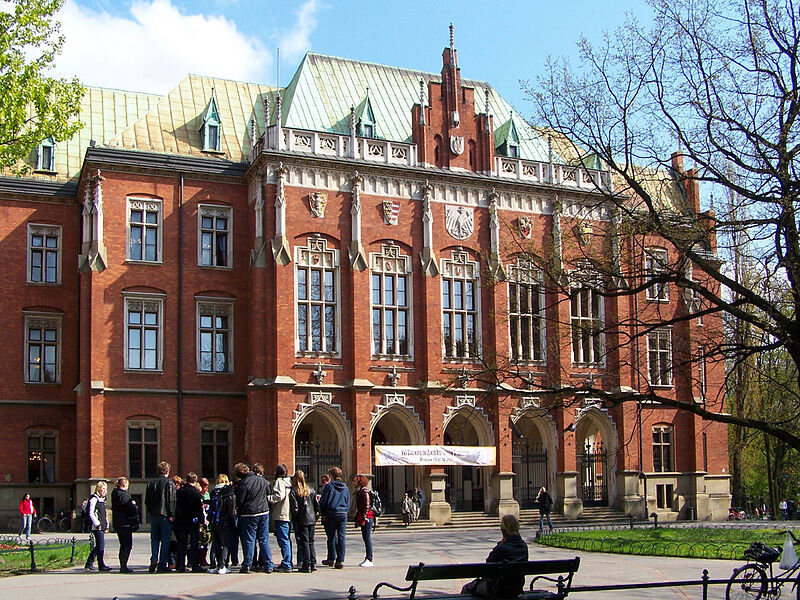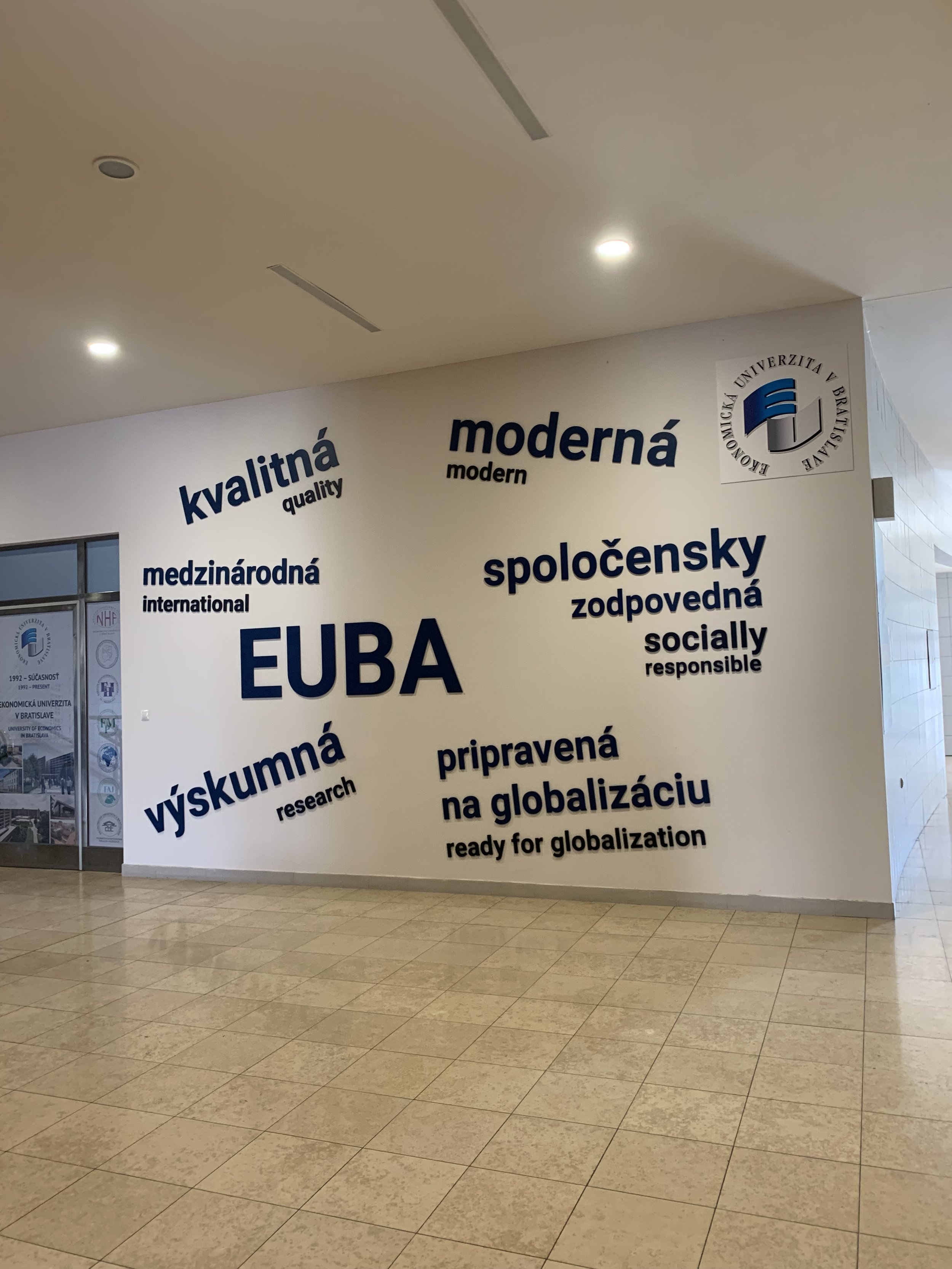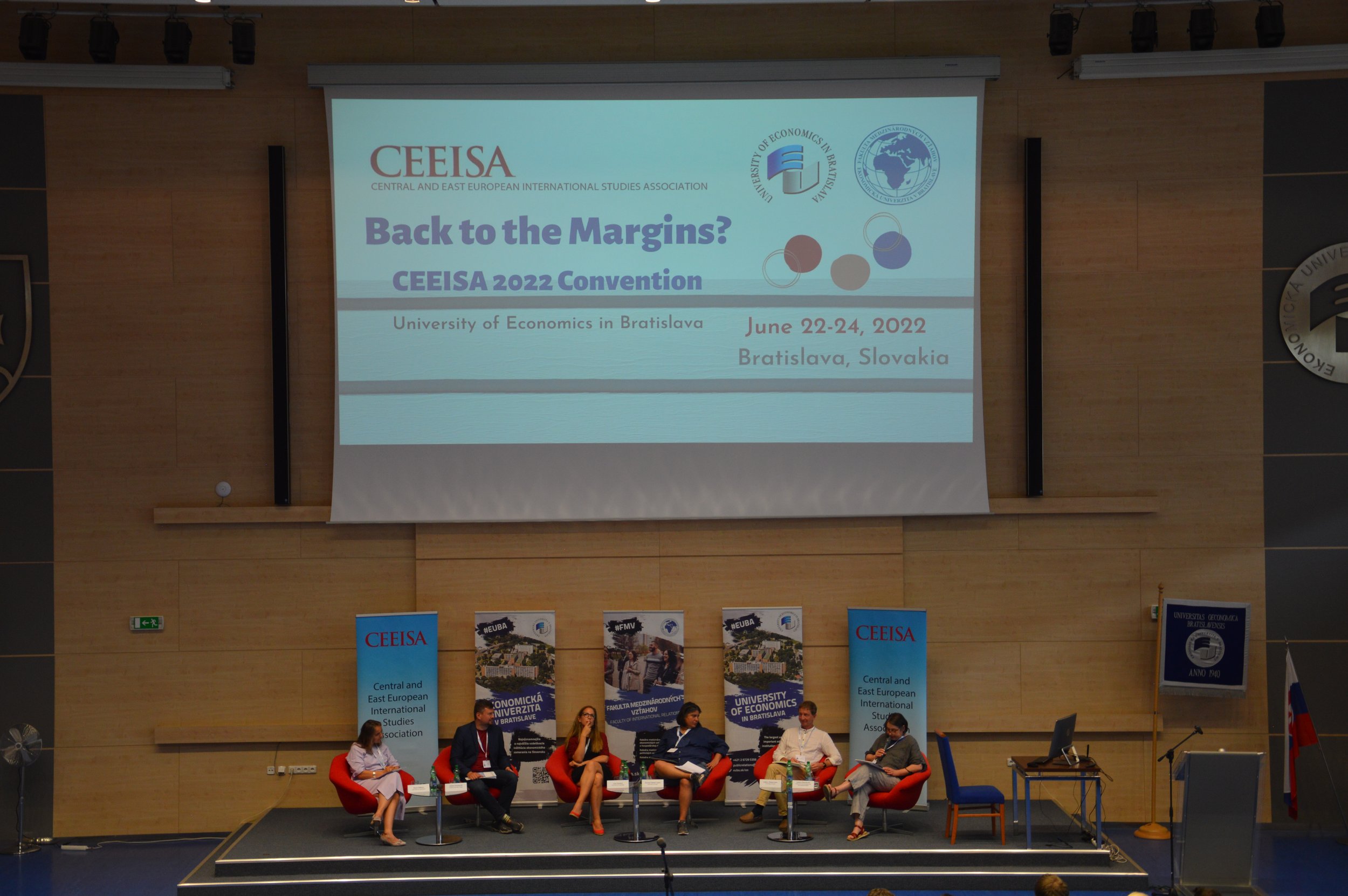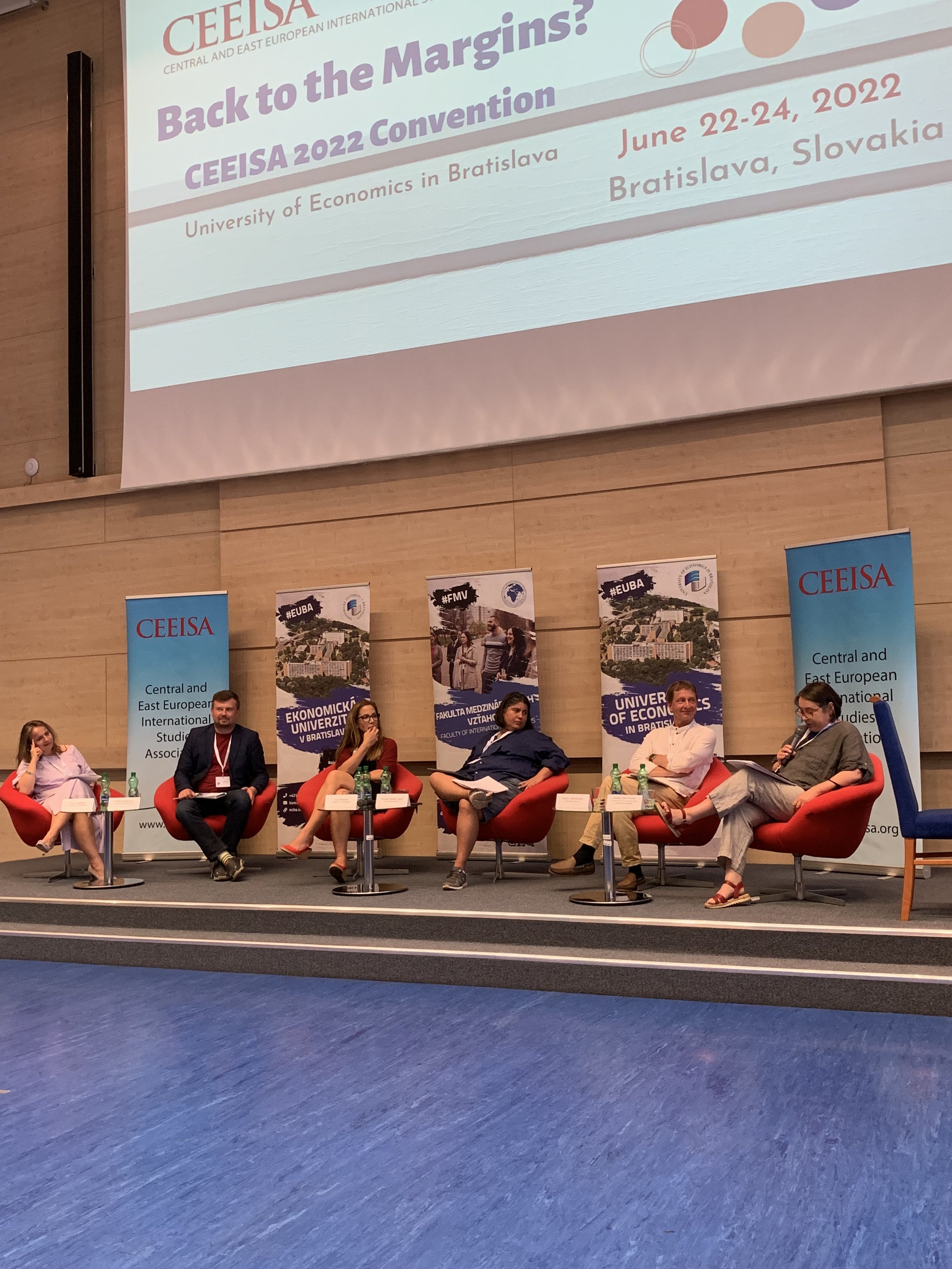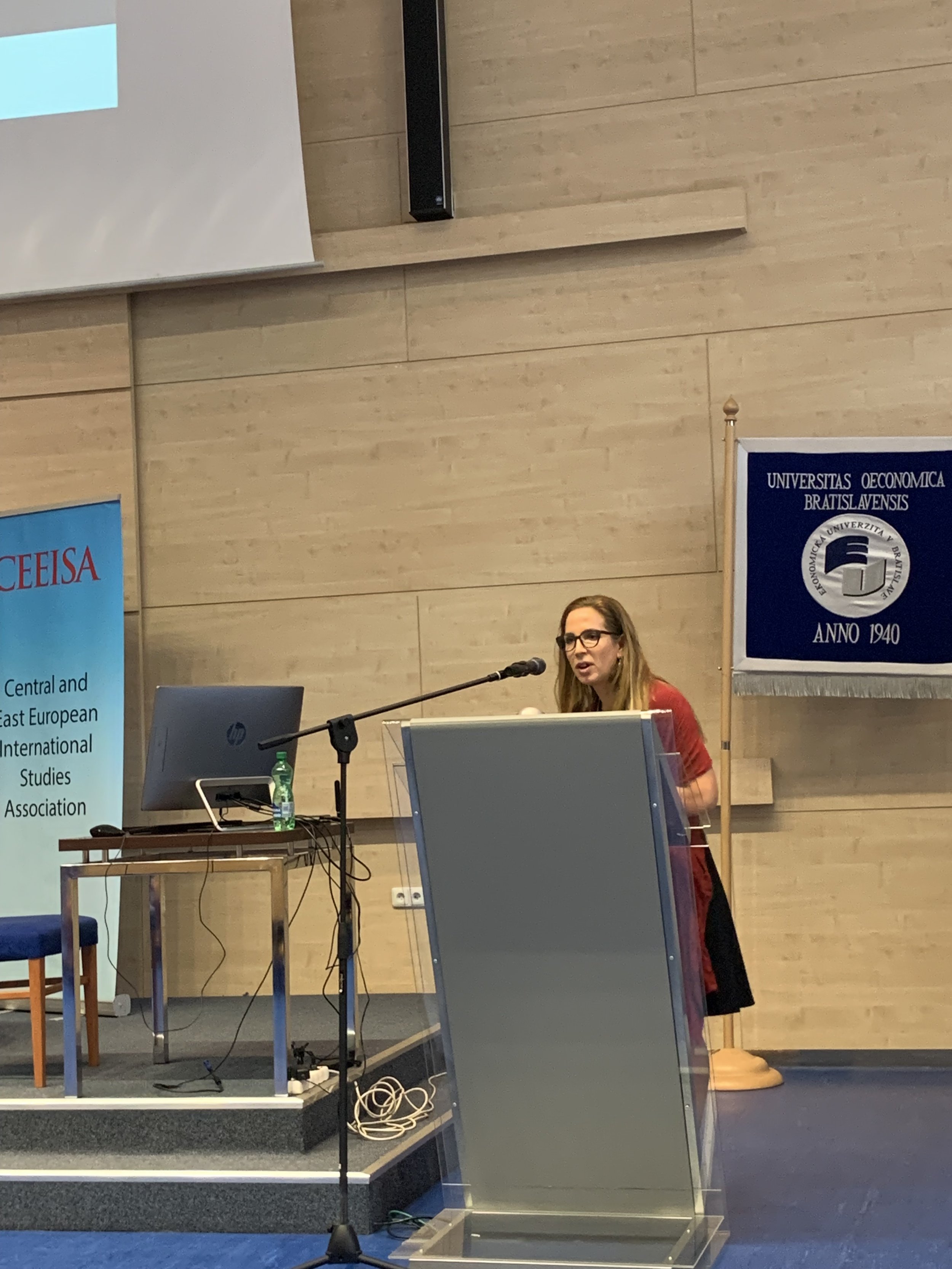CEEISA Conference 2026
The upcoming CEEISA conference will be held in Sarajevo, Bosnia and Herzegovina, 17-19 June 2026, and hosted jointly by the International Burch University and the University of Sarajevo.
Conference topic: “Contesting Imperialism(s)”
The Programme Chairs for this conference are Aida Hozić and Dženeta Karbegović.
The call for papers and panels is already open! Click here for submission and further details. Please submit your proposal by 20 March!
Should you have any questions regarding the paper or panel proposals, please contact us at ceeisa2026.programme@gmail.com.
In conjunction, the CEEISA Doctoral Network is organising the CEEISA Young Scholars Initiative, Volume 2, a hands-on mentoring programme for early-career scholars and PhD candidates in International Relations. This initiative focuses on article development, responding to reviewers, presenting research, and in-depth discussion of papers or dissertation projects in small, mentor-led panels. Apply here by 2 March 2026.
We are looking forward to your submissions and participation!

